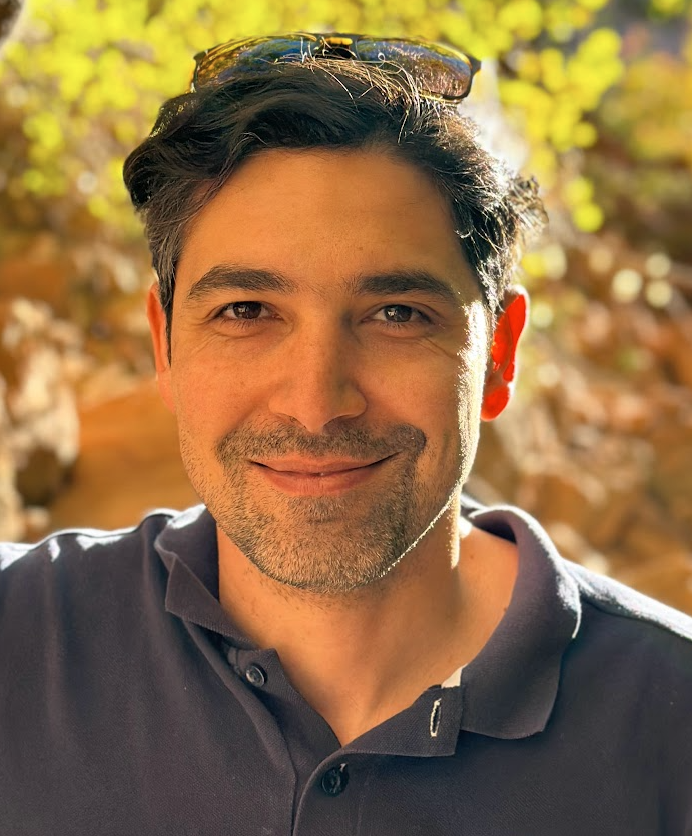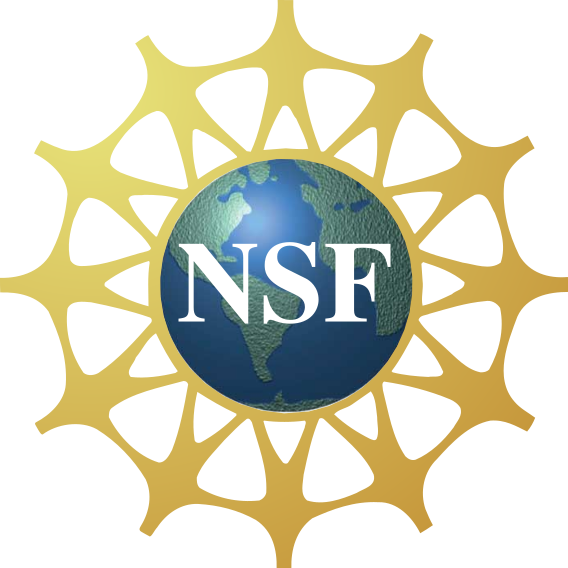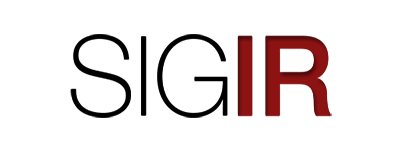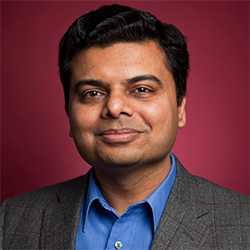Call for Participation
Scope
Search and recommender systems should be supporting user tasks rather than individual queries or actions. To that end, the IR community has spent decades trying to understand user’s tasks and their contexts, and how to best support them. The recent advancements in generative AI has drastically shifted the landscape of task-focused IR. Users can now express not only their queries and questions, but actual information needs, tasks, and goals in natural language to an AI system and receive not just results, but also answers in natural language that are generated specifically for them. This new paradigm raises many interesting questions, opportunities, and challenges. We are looking to bring a group of highly motivated students and scholars in a one-day workshop on Microsoft campus in Redmond to discuss these, learn from each other, and envision a new future for task-focused IR.
This is a continuation of the workshop organized last year on the same theme. The summary of that workshop and its outcomes can be found in this SIGIR Forum report. We hope to build on those outcomes by having more structured discussions, more streamlined topics, and more focused recommendations for the future research and development in this area. We are also aiming to identify opportunities for future collaborations, special issues, and research funding during this workshop.
Topics
Topics of interest include, but are not limited to, the following:- Task-focused search and recommendation
- Generative AI
- AI copilots and digital assistance
- Model innovation
- Task modeling (task representations, contexts, complexity, etc.)
- Adaptation (model specialization, hybrid inference, etc.)
- Alignment (application alignment, feedback loops)
- Augmentation (retrieval augmented generation, skills/plugin retrieval/recommendation, etc.)
- Grounding (Hallucinations, provenance, faithful reasoning, etc.)
- Personalization (infinite memory, context compression, privacy, etc.)
- Next-generation experiences:
- Unified experiences (e.g., spanning search and dialog)
- Human learning (search as learning, exploratory search, learning support, etc.)
- Human control (control strategies, system involvement, human-AI teaming, etc.)
- Completion (task automation, standing tasks, proactive experiences, etc.)
- Measurement:
- Understanding (mental models, model capabilities, user studies, etc.)
- Evaluation (metrics, judgments, simulations, etc.)
- Broader implications:
- Responsibility (RAI, bias, FATE, etc.)
- Economics (business models, advertising, content creation, cost-benefit tradeoffs, etc.)
- Ubiquity (cross-application, cross-device, OS integrations, etc.)
Dates
- Interest application for participation: September 6, 2024
- Student applications for funding: September 6, 2024
- Notifications: September 9, 2024
- Confirmation of registration: September 15, 2024
- Final agenda: September 20, 2024
- Workshop: September 27, 2024
Venue
Microsoft Research (Building 99)14820 NE 36th St, Redmond, WA
Workshop Schedule
Friday, September 27, 2024
| 8:00 AM | Check-in and Light Breakfast |
| 9:00 AM | Opening |
| 9:15 AM | Keynote |
| 10:30 AM | Coffee break |
| 11:00 AM | Orienteering exercise |
| 12:00 PM | Lunch |
| 1:00 PM | Breakout session-1 Topics: Theory; Benchmarks and Evaliation |
| 2:30 PM | Coffee break |
| 3:00 PM | Breakout session-2 Topics: Users and UX; Application/Integration |
| 4:30 PM | Student poster lightning talks |
| 5:00 PM | Poster session + reception |
| 6:00 PM | Adjourn |
Registration
Registration is free and open to both students and non-students. But due to facility constraints, we can only admit a limited number of participants. Please follow the link below to express your interest in attending this workshop.
Important Registration Dates
Interest application opens: August 19, 2024Interest application closes: September 6, 2024
Notifications: September 9, 2024
Confirmation of registration: September 15, 2024 Apply to Attend the Workshop
Workshop Travel Grants
Funding for the workshop is available!
We have limited funding for US-based students to attend the workshop. Priority will be given to PhD students who are working in the relevant area or interested in pursuing their future research in one of the topics listed here *and* presenting a poster at the workshop.
Amount: Up to $500
Deadline: Applications will be accepted until September 6, 2024. You can indicate your need for funding in the application to attend the workshop (see above).
Eligibility: The applicant must be enrolled in a graduate program (masters or PhD) as a full-time student at a US institution of higher education. Please note that while we are not able to fund non-US students for travel due to NSF restrictions, we are looking into other ways to support them. Stay tuned for more details.
Keynote Speaker

Milad Shokouhi
Partner Group Science Manager
Microsoft
Bio:
I joined Microsoft in 2007, and worked as an applied researcher for Bing for 8 years from Microsoft Research Cambridge. I worked on several projects related to temporal queries, query alteration, personalization, autosuggest, voice queries and more. I moved to the US in 2015 and soon after joined Office as a tech lead for an incubation effort on email summarization. I then formed and managed a team working on metrics and measurement for a couple of years, before taking on new projects such as Suggest Replies (SmartReply), Text Prediction (SmartCompose) on Outlook and Teams. Both these features are released to production with more than 100M users and save billions of characters every month across several languages. Presently, my role entails steering Search Relevance across Office's diverse endpoints—Outlook, Teams, and SharePoint, and RAG for BizChat (M365Chat CoPilot).
Before joining Microsoft, I completed my PhD from RMIT University in Melbourne, Australia, focusing on information retrieval—a cornerstone of my expertise. Despite transitioning from active research, I remain intricately connected to the academic realm. My past publications echo this commitment, accessible via my Google Scholar page.
Title: BizChat from concept to copilot
Abstract: BizChat, also known as M365Chat CoPilot, was released to public just less than a year ago. It is an AI-driven conversational assistant integrated into Microsoft 365's tools, like Teams, to help with tasks like discovery, summarizing, drafting, and automating workflows. It enhances productivity by providing contextual recommendations and responses. In this presentation, we will go through how it works at a high-level, and some of the challenges and learnings.
Presentations
Posters
Attend
Workshop Venue
Microsoft Research (Building 99): 14820 NE 36th St, Redmond, WA
Note: Breakfast and lunch will be provided on the day of the workshop at no cost to attendees.
Accommodation
The workshop will be hosted at Microsoft Research (Building 99) in Redmond. It will be easier to commute if you find accommodation close to Building 99. There are several hotels close to the workshop venue, including the following:
- Fairfield Inn & Suites by Marriott Seattle Bellevue/Redmond
- Sonesta Select Seattle Bellevue Redmond
- Residence Inn by Marriott Seattle Bellevue
- Aloft Seattle Redmond
- Element Seattle Redmond
There are other hotels nearby in downtown Redmond and downtown Bellevue. Also, nearby are many restaurants, coffee shops, and other spots to reconnect with colleagues and discover.
Arriving in Seattle
There are regular direct flights to Seattle-Tacoma International Airport (SEA) from other cities. SEA is located approximately 21 miles from the venue, the Microsoft Research (Building 99). You can find information about transportation options from the airport here: https://www.seattle.gov/transportation/getting-around/transit
Public Transportation
- Start at your nearest public transit stop: Depending on your location in Seattle, you can take a bus or light rail to the Redmond Technology Station.
- Take the Light Rail: If you're near a light rail station, take the Link Light Rail to the Redmond Technology Station. This station is directly connected to the Microsoft campus via the new pedestrian bridge.
- Bus Options: If you're taking a bus, you can use the following routes:
- Sound Transit Express Bus 545: This bus runs from downtown Seattle to the Redmond Transit Center, with a stop at the Redmond Technology Station.
- King County Metro Bus 245: This bus runs between Kirkland and Factoria, passing through the Microsoft campus.
- Walk or Bike: Once you arrive at the Redmond Technology Station, you can walk or bike across the pedestrian bridge to reach the Microsoft Research building. The bridge is designed to be pedestrian and bike-friendly. It's about 17 minutes walk.
- Final Destination: Follow the signs on the Microsoft campus to the Building 99 (Microsoft Research). The campus is well-marked, and there are maps available to help you navigate.
RideShare Apps
You can use ride-hailing apps to move around Seattle and Redmond.
- Lyft – You can use the Lyft app for ride-hailing.
- Uber – Uber is available to commuters in Seattle and Redmond. You can choose from several options.
Parking
If you are driving, you can park in the visitor parking spots in Building 99 Garage.
Sightseeing in Seattle
Sponsors
Workshop Organizers

Ryen W. White
General Manager and Deputy Lab Director, Microsoft Researchryenw@microsoft.com
Home page



